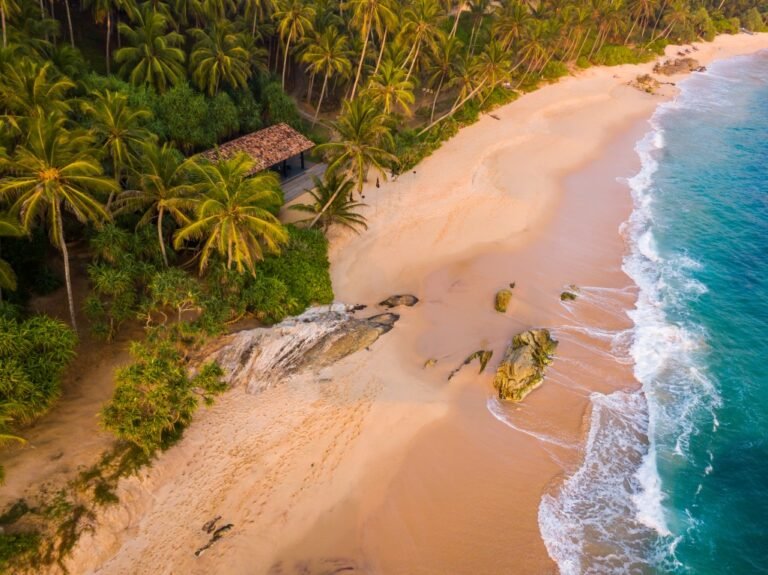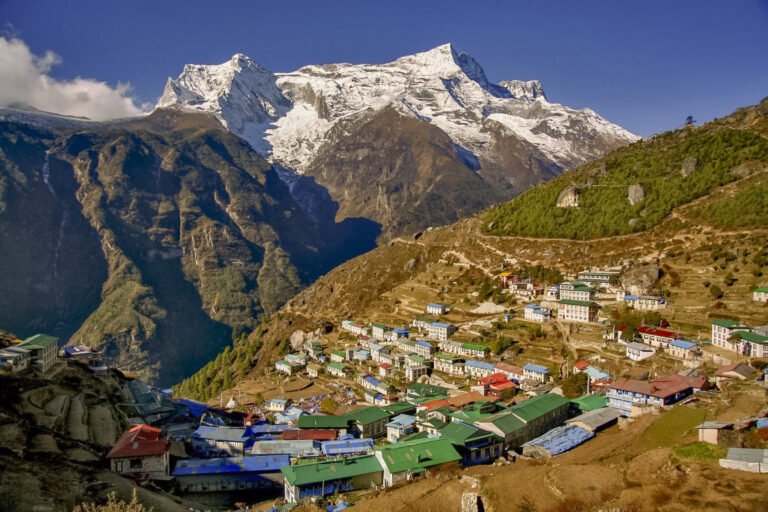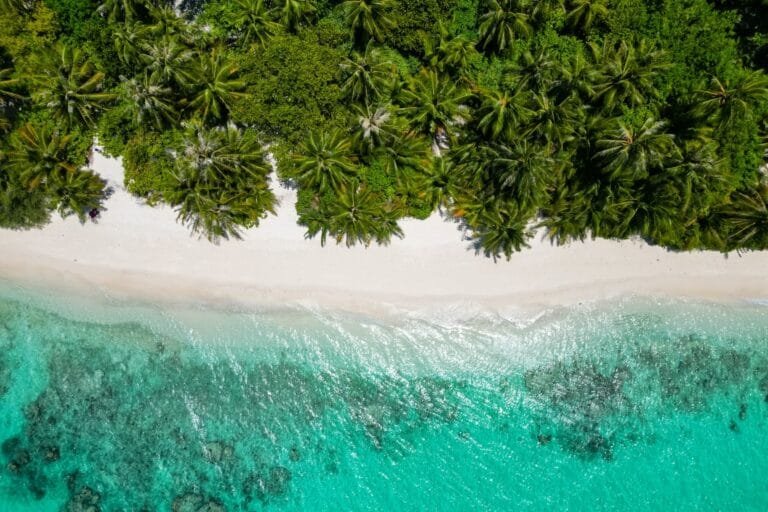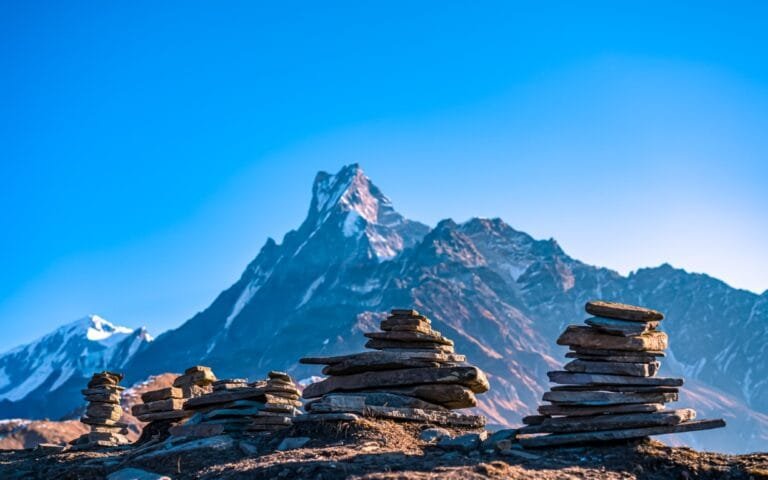Pokhara
A Symphony of Mountains, Lakes, and Adventure
Introduction to Pokhara
Pokhara is the second-largest city in Nepal, located about 200 kilometers west of Kathmandu. It sits at an altitude of approximately 822 meters and is surrounded by the Annapurna Range, making it a paradise for trekkers and mountaineers. The city is divided into two main areas: Lakeside and Damside. As the name suggests, Lakeside is the tourist hub, bustling with cafes, hotels, and shops, while Damside offers a quieter, more local experience.
“Pokhara is Nepal’s gift to the world – a perfect blend of natural beauty, adventure, and cultural richness that captivates every traveler’s heart.”
If you’re looking to experience authentic Nepalese tradition and feel as if you’re on vacation at the same time, Pokhara is exactly the location to be in. The trails in this area are spectacular. Many of them are easy for novices; however, experts will not be disappointed either.
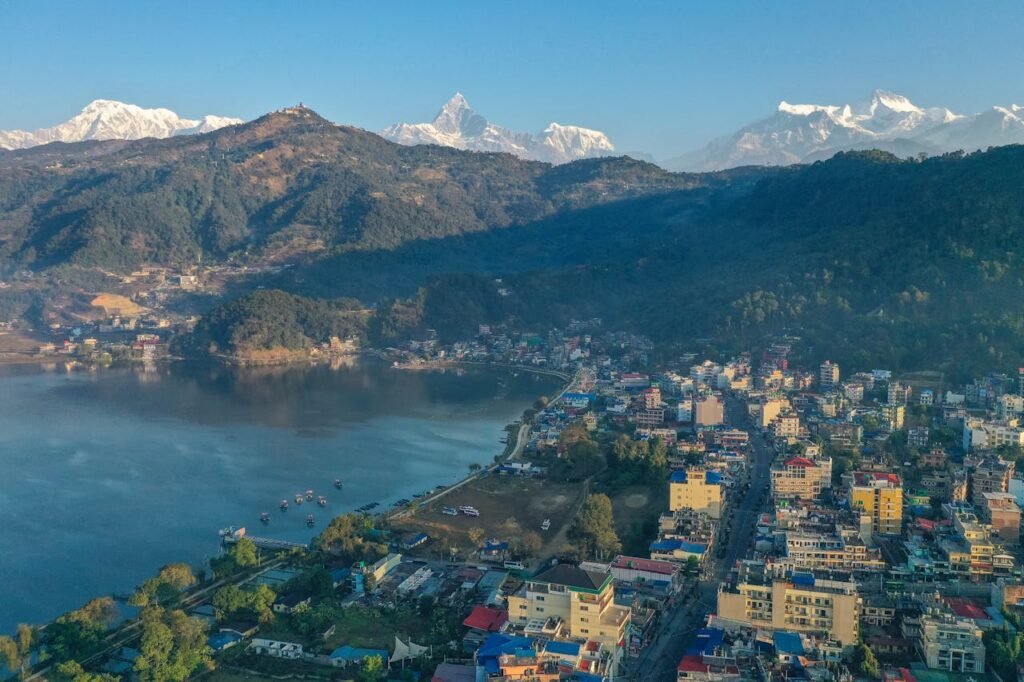
The picturesque Pokhara Lakeside area with mountains in the background
Pokhara at a Glance
Getting to Pokhara
Transportation Options
By Air
- 30-minute flight from Kathmandu
- Multiple daily flights
- Cost: $40-$140
- Spectacular mountain views
- Pokhara Airport (PKR) – 7.5 km from city center
By Road
- 6-8 hour journey along Prithvi Highway
- Tourist buses with AC and comfortable seats
- Cost: $17-$20
- Scenic route along rivers and villages
- Departures typically early morning from Kathmandu
Recommendation: Fly if you’re short on time, take the bus if you enjoy scenic journeys and want to save money.
The Natural Beauty of Pokhara
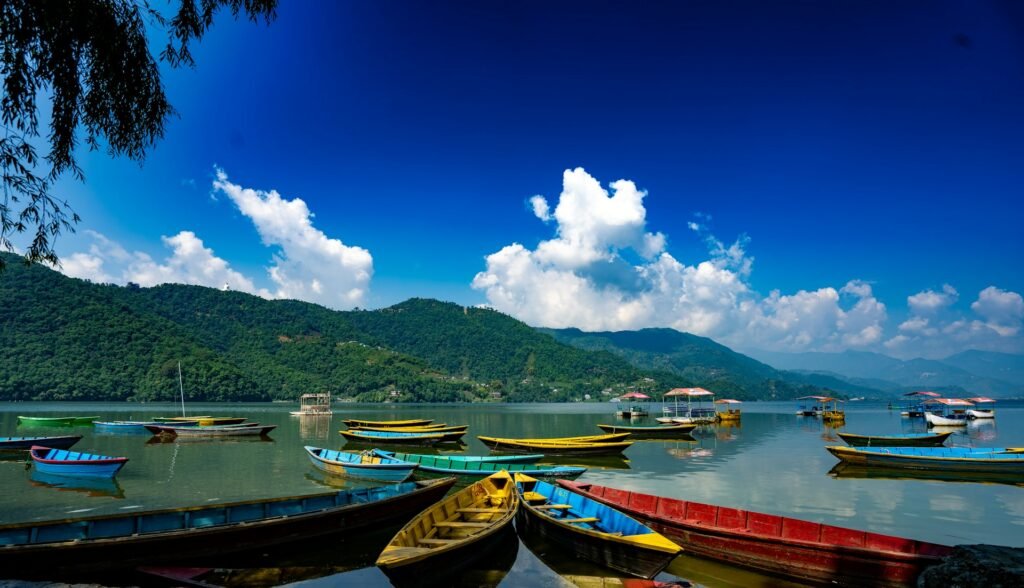
Phewa Lake
The second-largest lake in Nepal with crystal-clear waters reflecting the towering Annapurna Range. Boating here is a must-do activity.
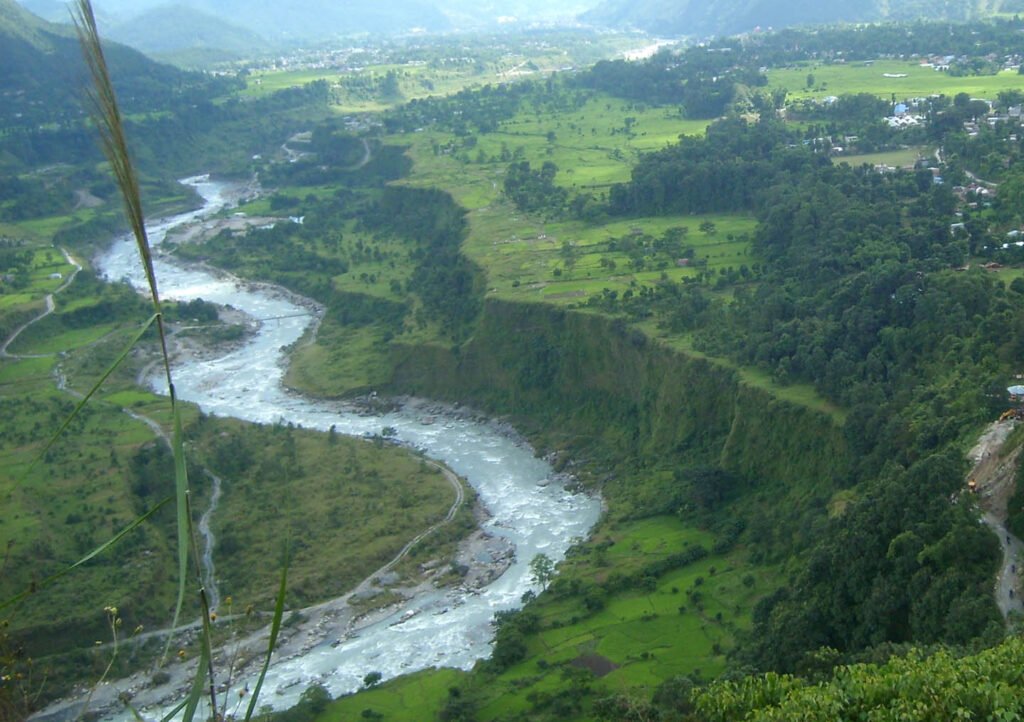
Seti River
Known for its milky white waters, the Seti River carves deep gorges through the city. Best viewed from the Mahendra Pul Bridge.
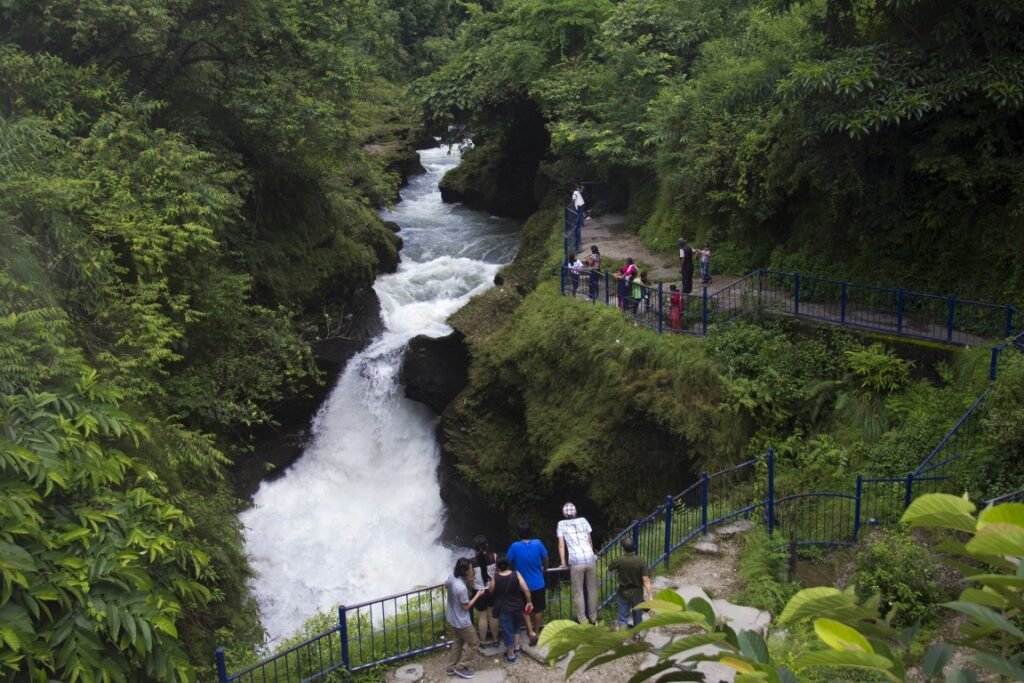
Davis Falls
A powerful waterfall that disappears into an underground tunnel, creating a natural wonder that’s both beautiful and mysterious.
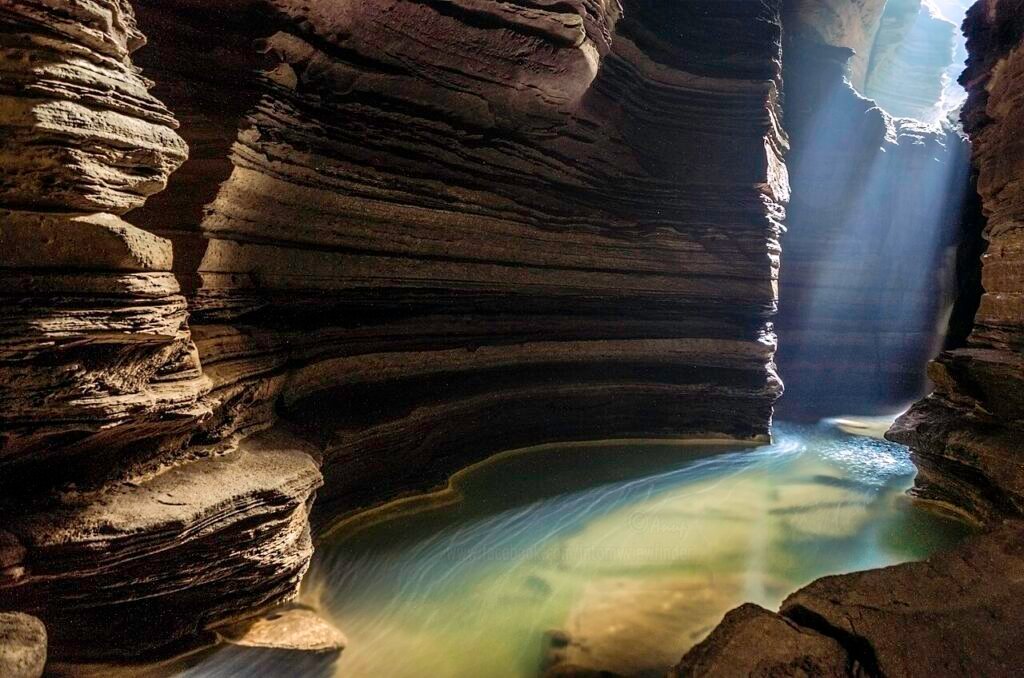
Gupteshwor Cave
One of the longest caves in Nepal with narrow passageways and a sacred Shiva shrine inside, making it a place of religious significance for Hindus.
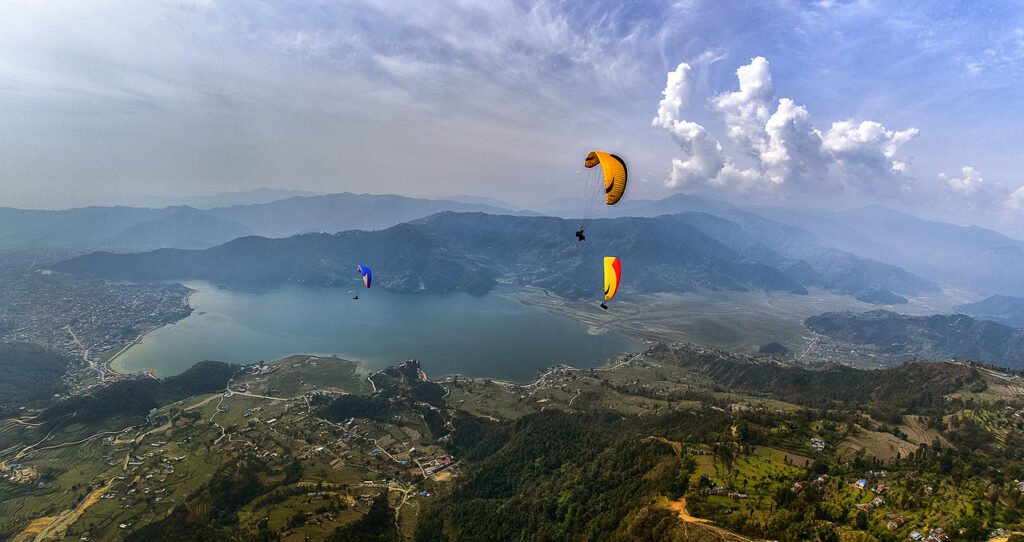
Sarangkot
The best spot to watch the sunrise over the Annapurna and Dhaulagiri ranges. Also a popular paragliding take-off point and excellent for short hikes.
Adventure Activities in Pokhara

Paragliding
Soar above Phewa Lake with the Annapurna Range in the background

Trekking
Gateway to famous treks including Annapurna Base Camp and Poon Hill
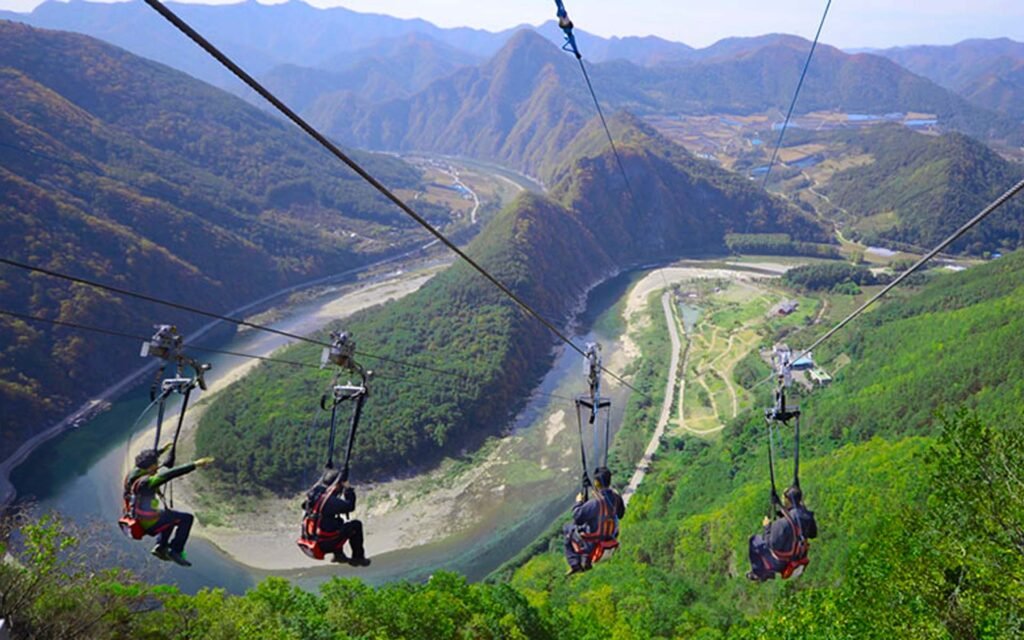
Zip-Lining
Experience one of the world’s longest and steepest zip lines
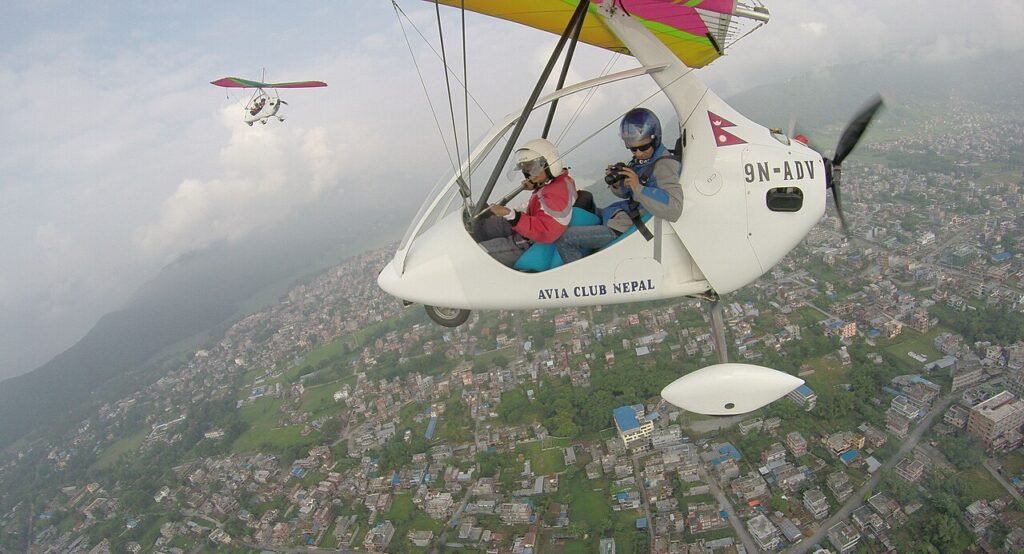
Ultra-Light Flights
Get a unique perspective of the Annapurna range from small aircraft
Best Time to Visit Pokhara
Understanding the seasons in Pokhara helps plan your perfect trip
(Dec-Feb)
(Mar-May)
(Jun-Aug)
(Sep-Nov)
Weather Conditions
Activities Availability
Recommendation
The best times to visit Pokhara are during spring (March to May) and autumn (September to November) when the weather is pleasant and skies are clear, offering the best views of the mountains.
Practical Tips for Travelers
Altitude Awareness
Acclimatize properly to avoid altitude sickness if you plan to trek at higher elevations. Stay hydrated and take it slow the first few days.
Pack Smart
Bring comfortable clothing, sturdy shoes, and a good camera to capture the stunning scenery. Layers are essential as temperatures can vary.
Respect Local Culture
Nepal is a culturally rich country, so be mindful of local customs and traditions, especially when visiting temples and religious sites.
Stay Hydrated
The dry mountain air can dehydrate quickly, so drink plenty of water, especially when hiking or engaging in outdoor activities.
Carry Cash
While Pokhara has ATMs, some remote areas and local vendors may only accept cash. Keep a mix of Nepali Rupees for your expenses.
Hire a Guide
Hiring a local guide for treks and outdoor activities can enhance your experience and ensure your safety, especially in unfamiliar terrain.
Frequently Asked Questions
Pokhara is best known for its stunning view of the Annapurna range. It is perhaps one of the few places on earth from which mountains above 6,000 m can be seen unobstructed from an altitude of 800 m within 28 km.
The best way to get from Kathmandu to Pokhara is to fly, which takes 35 min and costs $40 – $140. Alternatively, you can take the bus, which costs $17 – $20 and takes 7-9 hours.
Yes, Pokhara is generally considered more beautiful due to its natural landscapes, lakes, and mountain views. Kathmandu has more cultural and historical sites, but Pokhara excels in natural beauty.
The best time to visit Pokhara is between October and November, when the weather is clear, and the temperatures are moderate. March to May is also a good time with pleasant weather.
Depending on their schedule, it is recommended that visitors spend at least two or three days in Pokhara—longer if they can! This gives enough time to explore the major attractions and experience some activities.
Conclusion
Pokhara is a city that leaves a lasting impression on everyone who visits. Its natural beauty, adventure opportunities, and cultural richness make it a must-visit destination in Nepal. Whether trekking to the Annapurna Base Camp, paragliding over Phewa Lake, or simply enjoying the serene surroundings, this city offers an unforgettable experience.
As a traveler, I can confidently say that Pokhara is more than just a gateway to Annapurna; it’s a gateway to discovering Nepal’s beauty and its people’s warmth. So pack your bags, lace up your boots, and get ready to explore this incredible city. Pokhara is waiting for you!

